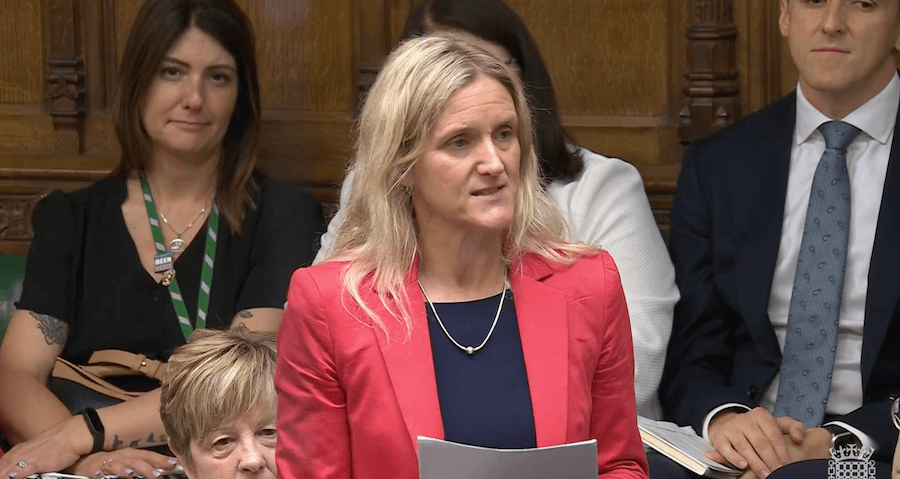MPs are coming to the end of the assisted dying debate. The speeches can be roughly divided into the following camps: those who, like the Bill’s sponsor Kim Leadbeater, are very much in favour of the Bill and confident in its drafting; those who are in favour of the principle of assisted dying but who are so concerned about the drafting of the Bill that they are opposed to it; and the implacable opponents to the principle.
The speeches from the latter two camps largely focused on the argument that today’s vote is not about the principle of assisted dying but about the Bill as it stands. The proponents of the legislation, though, have largely focused on the need to back assisted dying as a principle. Leadbeater argued in her speech that if the Commons did not vote for the Bill today, then MPs would be leaving more people to die without dignity. She said:
I say to colleagues who are supportive of a change in the law but are hesitant about whether now is the time, that if we do not vote for a change in the law today, we will have many more years of heartbreaking stories from terminally ill people and their families, of pain and trauma… There will be stories of suicide attempts, post traumatic stress disorder, lonely trips to Switzerland, police investigations and everything else we have all heard of in recent months.
Leadbeater was followed by James Cleverly, who argued ‘about the practicalities of the Bill’, but did also point to the way the legislation would change ‘the relationship between medial professionals and those they serve.’ He also highlighted that while most professional bodies in the medical world are ‘neutral on the topic of assisted dying’, they were ‘opposed to the provisions within this Bill in particular’.
Cleverly, like many other opponents, argued that MPs needed to do their job properly in scrutinising this particular Bill rather than campaigning for a principle. That argument was made with even greater force by a furious Sarah Olney, one of the Lib Dems opposed to the Bill. She told the Chamber that MPs should not act like activists pushing for a cause but as legislators, which is what they had been elected to do.
One of the best speeches against came from Diane Abbott, who started by saying she was in favour of assisted dying, but then spoke powerfully against the Bill, saying:
I have heard talk today of the injustices of the current situation. What could be more unjust than someone losing their life because of poorly drafted legislation?
She spoke of coercion and of the vulnerability of someone who ‘all their life has lacked agency’ and has not, like MPs, ‘been confident in dealing with authority and institutions’.
Vicky Foxcroft gave her first speech on the backbenches since resigning last night. She said she based her opposition to the Bill on her experience as shadow minister for disabled people, where she found that most disabled people and almost all the organisations representing them were opposed to and in fear of assisted dying. She had voted for the previous attempt to introduce assisted dying in 2015, but would be voting against today.
Peter Prinsley spoke from his experience as a doctor, saying he had started his medical career opposed to assisted dying, but what he had seen in his professional practice had changed his mind about the need to give people dignity and choice over the end of their lives. Other supporters of the Bill spoke of constituents and family members who had desperately wanted that dignity.
The margin of the result will be narrow, which will create problems if the Bill does pass. The speeches today have largely been considered and well-argued, though far too many MPs have congratulated themselves with the dreadful phrase: ‘Parliament at its best’. Perhaps they have reached that conclusion because MPs have mostly been polite to one another – which stands in contrast to some of the very ill-tempered debates over the past decade, particularly around Brexit. But this is not an example of Parliament at its best on legislating, which is after all its primary role, rather than a forum for people to parade their politeness.








Comments